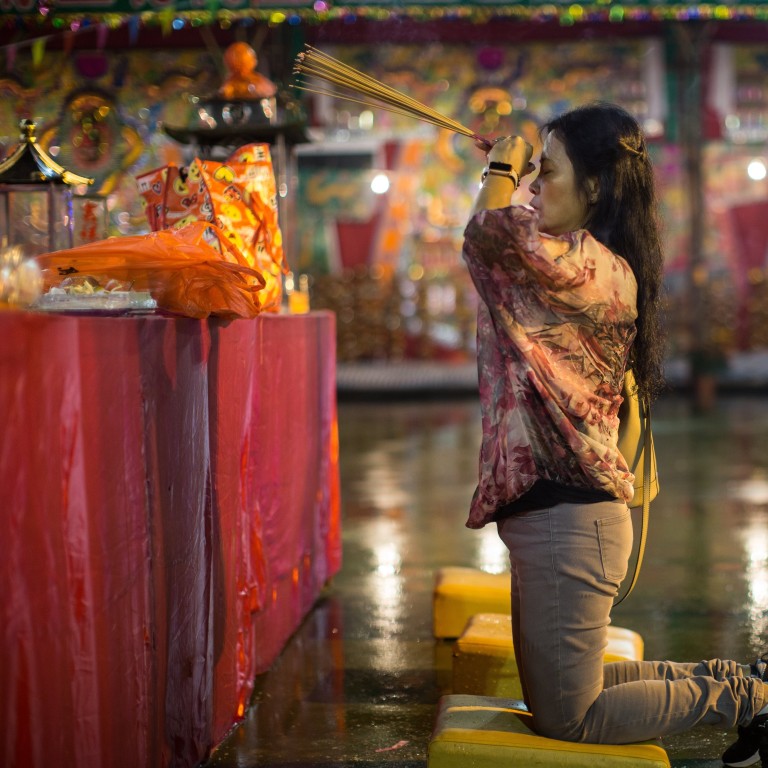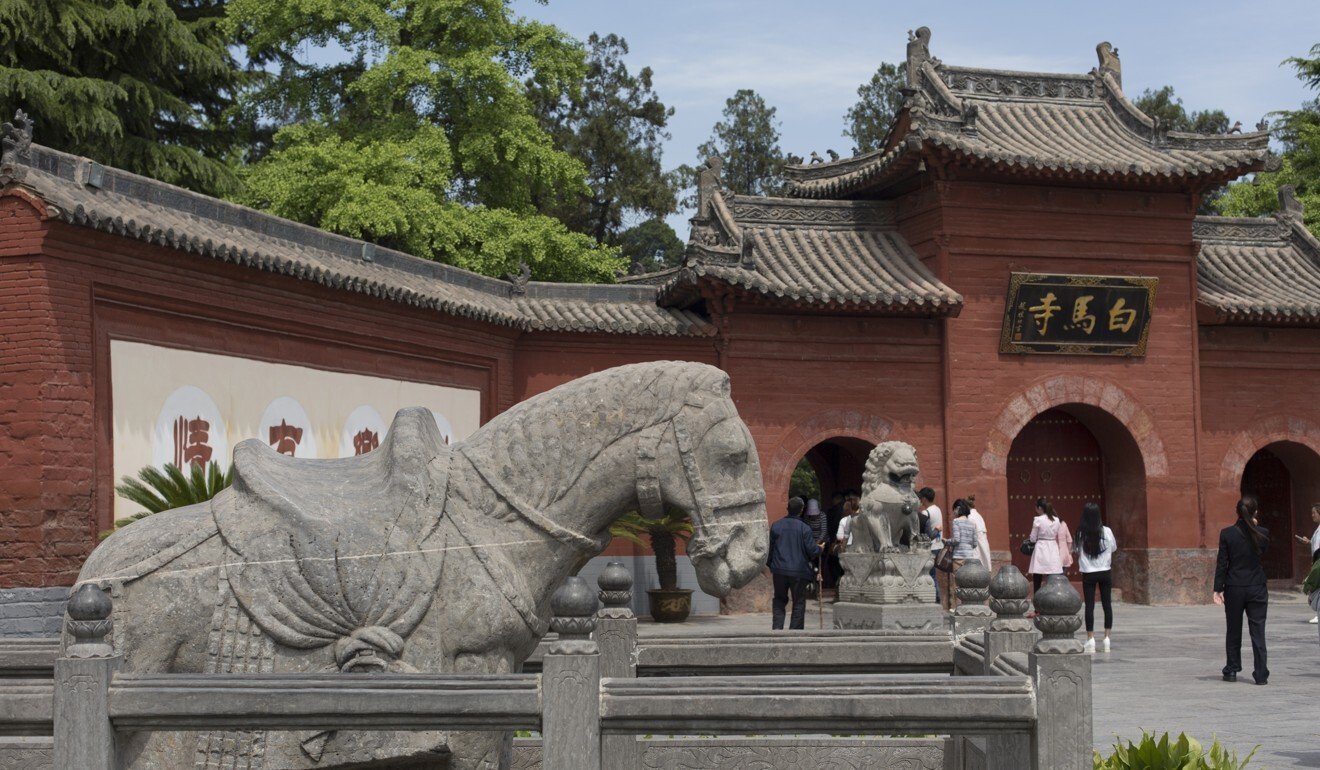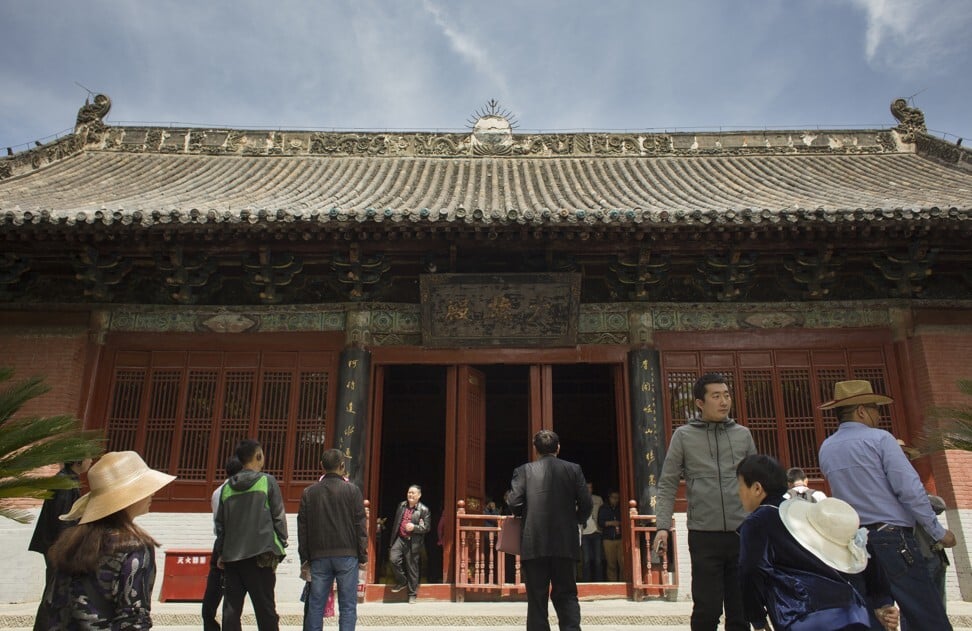
Chinese influencers who go to Buddhist temples find themselves in crosshairs of online crackdown
- Fouyan perform traditional Buddhist activities while sporting a flashy bag or fancy jewellery
- If they gain enough online attention, the influencers begin to use their accounts as online shops
Another category of online influencers has run afoul of Chinese regulators amid the government’s internet clean-up campaign: people who are seen as exploiting Buddhist temples for attention.

Some simply walk into a Buddhist temple and do nothing, but feature a jade bracelet or an Hermes bag in the photos.
After gaining enough online attention, they start selling clothes, jewellery, cosmetics and other consumer items via their social media accounts.
Several major social media platforms have banned such users, known as foyuan in Chinese, after official media criticised the trend, saying it exploited the temples to gain fame and make money.
Douyin, China’s TikTok, said on Thursday that it had punished 48 foyuan accounts and banned seven of them permanently. A search for the word on Kuaishou, another live streaming platform, yielded no results on Friday.
Xiaohongshu, a lifestyle sharing app, deleted 70 posts and banned three accounts.
The bubbles of a false image will finally burst.
All three platforms mentioned similar warnings against using temples as a marketing tactic.
“The bubbles of a false image will finally burst. There’s no long-term business by marketing this way. Please be your true self,” a warning on Kuaishou read.
Chinese state media pulled no punches in its criticism.
“It is truly sinful that a group of ladies who seem to stand aloof from worldly success, but in fact are full of material desires, sneak into these supposedly quiet temples,” the Workers’ Daily wrote in a commentary on Tuesday.

State broadcaster CCTV ran an article on its website saying the influencers have “greed that is like a valley that can never be filled”.
In recent months, Beijing has launched a crackdown on the internet to regulate its unruly fan groups, badly behaving celebrities and influencers with “low taste” or “bad moral values”.
The National Radio and Television Administration issued a directive this month that said the entertainment industry should resist the temptation to show off wealth, spread hedonism and gossip about others’ personal business.

